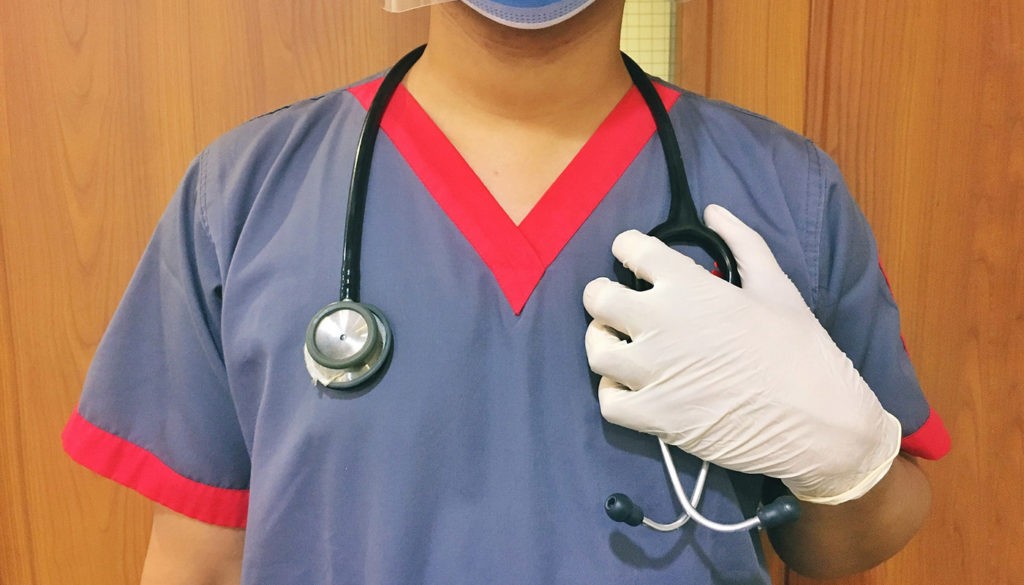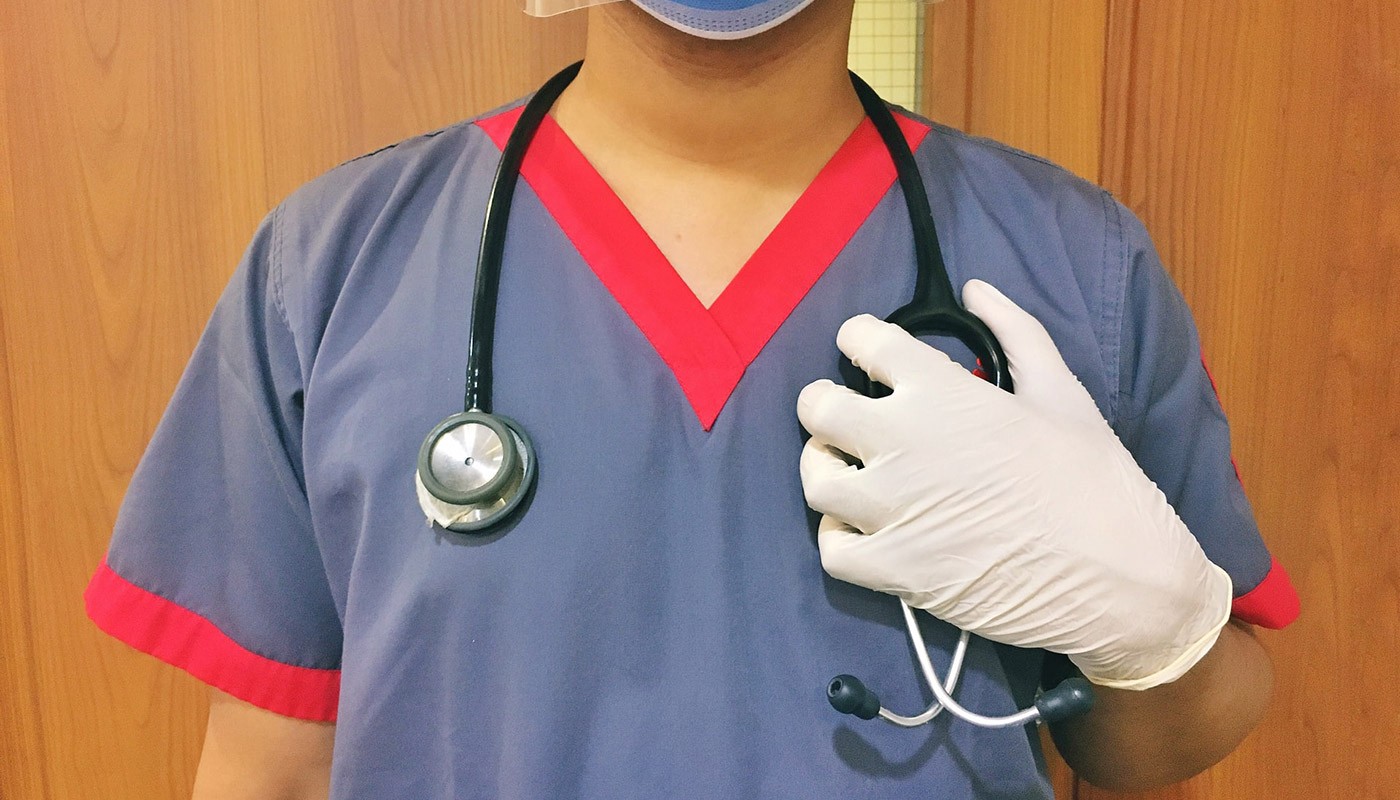Now, more than ever, there is a need for registered nurses and physicians with an expanding medical field. For RNs, furthering education can open additional opportunities beyond their nursing certification. An MSN degree, also known as a Master’s Degree of Science in Nursing, opens the door for registered nurses to pursue careers as nurse practitioners.
A nurse practitioner is a registered nurse with advanced training and education that allows them to take on roles similar to that of a physician. This includes diagnosing acute conditions and illnesses, ordering laboratory testing and X-rays, and managing a patient’s overall care. With an MSN degree, this field of medicine can open multiple opportunities.
1. Family Nurse Practitioner

A family nurse practitioner is an advanced practice registered nurse that works with other healthcare professionals to deliver family-focused care, running the gambit in the age range of their patients. Family nurse practitioners, or FNPs, offer a range of services from health promotion and disease prevention to direct care and counseling, allowing them to prescribe medication.
FNPs are clinically trained in family medicine and seek additional certification. You may have seen the letters FNP-C or FNP-BC next to a nurse practitioner’s name. FNP-C is a certification by the American Academy of Nurse Practitioners; FNP-BC meaning certification from the American Nurses Credentialing Center. An FNP-BC certification puts more emphasis on policy and professional topics, as well as nursing theory.
Family nurse practitioners can operate in both a clinic and private practice capacity. An FNP can exist in a home office environment and installation among the best home improvement projects. Through home renovation, a homeowner and nurse practitioner can provide primary care services, while keeping family life just a short walk away. These additions can add to a home’s value over time while creating some curb appeal to passers-by.
2. Adult-Gerontology Primary Care Nurse Practitioner

An adult-gerontology primary care nurse practitioner may fall under the family care umbrella, but the emphasis of their care as an AGPCNP is in geriatrics. AGPCNPs are often found in long-term care settings and hospital-based clinics. As part of their roles as nurse practitioners, they monitor patients, in the long run, performing physical examinations, interpreting diagnostic tests, and administering pharmacological therapies.
Beyond a master’s degree of science in nursing, AGPCNPs take on additional certification and higher education to better understand chronic illnesses associated with elderly patients. This includes a better understanding of a healthy lifestyle for geriatric patients in the U.S., as well as efforts towards immunization and screening tests. Adult-gerontology primary care nurse practitioners can also help to manage these illnesses, in conjunction with other members of a patient’s care team like specialty physicians.
3. Psychiatric and Mental Health Nurse Practitioner

A psychiatric and mental health nurse practitioner, or PMHNP, focuses on helping patients of all ages with different psychiatric disorders and illnesses, including substance abuse, anxiety, and depression. An NP can enter this psychiatric and mental health capacity by earning a master’s degree in nursing. By obtaining an MSN degree, these nurse practitioners track a patient’s progress before and during care to provide a holistic approach. PMHNPs are utilized in a variety of environments including correctional facilities and mental health facilities.
PMHNPs can also enter private practice, operating with a registered clinic or even establishing a home office. When considering a renovation to boost the value of your home, it’s important to understand the impact of home improvement loans on tax filings. Homeowners have to pay taxes on their property every year, but the deductions available to homeowners are vast. Borrowing from a private lender can grant access to a unique area of savings. This access to funding can even help with emergency repairs to things like gutters, flooring, and light fixtures, while also helping you write off the debt on your tax return.





